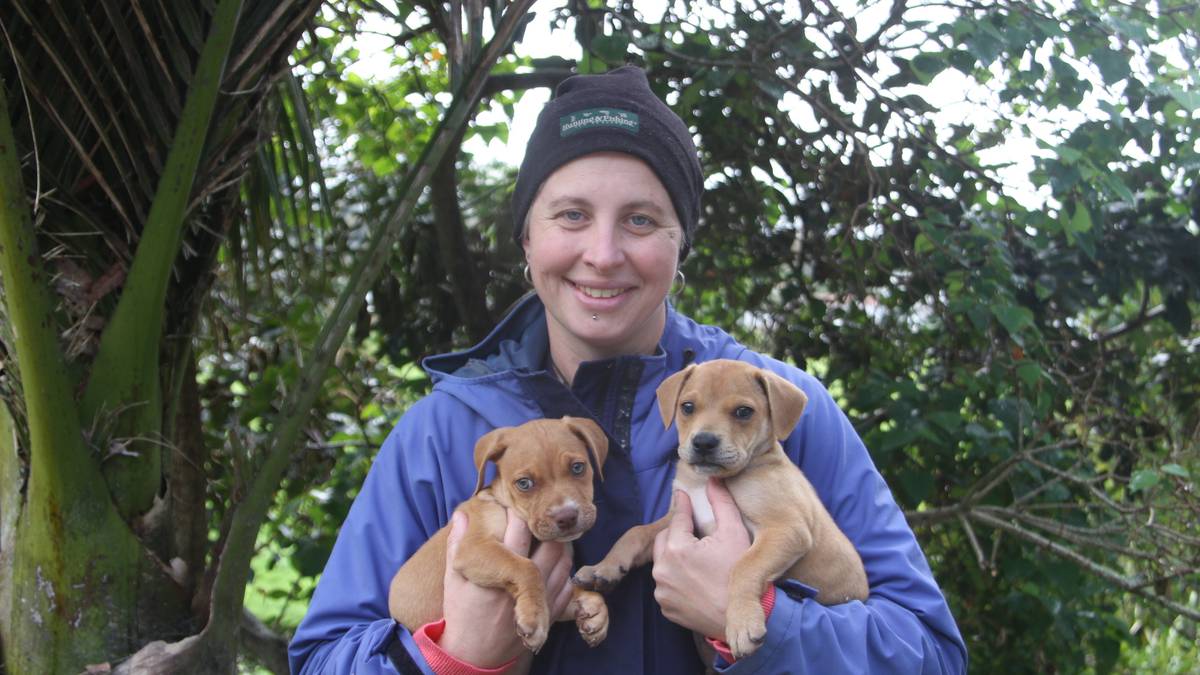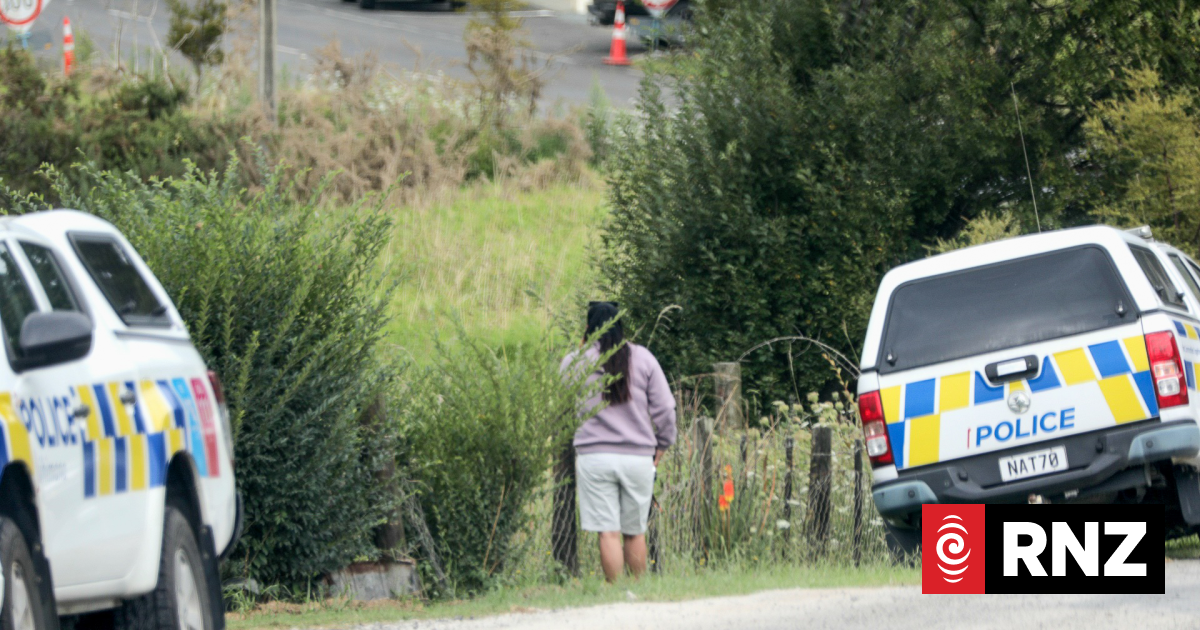Donna Badorek, from Donna Doolittle’s Animal Rescue said she is getting “huge amounts” of people asking her to rehome their dogs. Photo / file
An increasing number of pets are being surrendered to a Far North animal rescue centre by owners who can’t afford to look after them as rising living costs take hold.
With inflation at a 30-year
high, many Northlanders are struggling to pay for their pets’ upkeep along with other living costs, such as rent, power, food, and fuel.
Donna Badorek, from Donna Doolittle’s Animal Rescue in Kaitaia, said she was getting “huge amounts” of people asking her to rehome their dogs because they were having to move in with family due to the rising cost of living.
One woman who was having a baby, gave up her dog because she “couldn’t afford to have a baby and an animal now”.
“The animal goes down the chain of importance,” Badorek said.
“A lot of rehoming has got to do with the cost of living but it’s also a major issue with people having animals and having to move homes.
“They can’t afford to live in their homes and can’t take their animal with them.
“Almost every day I’m being asked to rehome animals for various reasons, but basically it boils down to the same scenario – the affordability is not there.”
People are also struggling to afford a proper diet for their pets, Badorek said.
“I saw a post on Facebook asking whether road kill such as dead possums and rabbits are safe to feed dogs because they can’t afford to buy food from the supermarket anymore.
“It’s definitely an issue.”
/cloudfront-ap-southeast-2.images.arcpublishing.com/nzme/IMTQDGLG2TGZJA2VWNEQASNCL4.jpg)
The SPCA said there is “nothing to suggest” more animals are being surrendered to its Northland centres due to the cost of living crisis.
However, Kaitaia SPCA has seen a 20 per cent increase in requests for dog food.
SPCA science officer Dr Alison Vaughan said she was concerned that tight finances could put people off getting their pet desexed, and she encouraged people to take advantage of low cost desexing offers such as SPCA’s Snip ‘n’ Chip.
Owning a pet comes with “expensive responsibilities” such as registration and microchipping fees, food and shelter, vet care and kennels or daycare, she said.
“The biggest expense owners need to consider is food and other supplements, followed by vet bills.
“All up, the total cost of dog care is around $1686 a year, while caring for a cat will cost you around $670 a year.”
Vaughan said there are ways of keeping costs down; dogs and cats were just as happy with old blankets as a fancy bed or cat cave.
She encouraged pet owners to talk to their vet about the specific needs of their animal before forking out for heavily marketed, expensive pet foods.
“We also recommend investing in pet insurance or putting a little money aside each week in the event of an emergency.”
/cloudfront-ap-southeast-2.images.arcpublishing.com/nzme/WRHAYXO3LWSMGOIUERTV5VBIQM.jpg)
Bay of Islands Veterinary Services director and veterinary surgeon Dr Max Newport said with veterinary treatment, prevention was always better than cure.
“Make sure you’re in control of your animal so you don’t lose it out on the road, and don’t have to spend a lot of money on them.
“And maintain steady feeding habits so they don’t get upset stomachs.”
Badorek said she gives people tips on how to bulk up their food and make it go further.
Adding rice and pasta to meals with dog biscuits and meat can reduce the overall cost of dog food, she said.
“What I say to people is go to the local supermarket and buy a kilogram of pet chicken mince and bulk it up with rice and a pack of mixed veges.
“Make a big pot with water, cook it, and add that to some dog biscuits to make it go further.”
Badorek said people should “think really hard” before taking on an animal at the moment.
“Really look at your budget, even the cost of veterinary care has gone up.
“A cute puppy turns into an adult that needs more food and veterinary care.”




